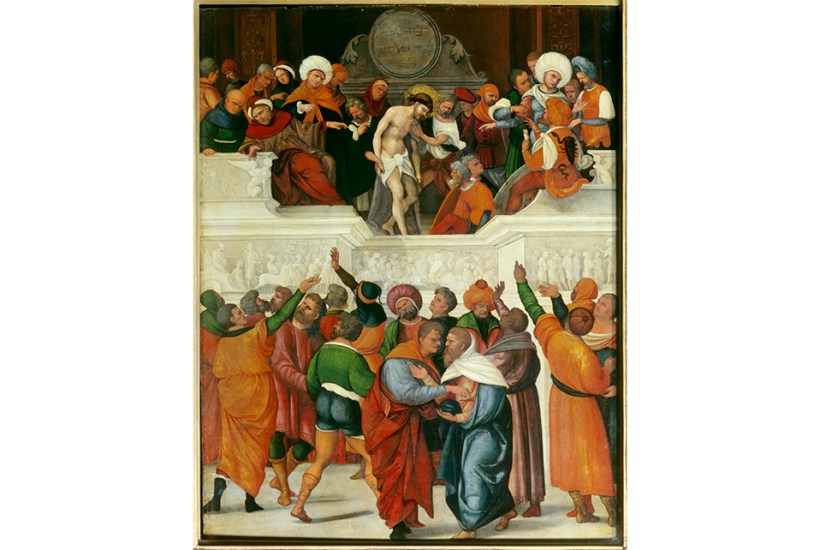Easter meant little to me as a child. It was chocolate eggs, magical rabbits, films about Jesus on television. I had three Jewish grandparents and, though not raised with any particular religious identity, there was a sense of cultural Jewishness in the home. But those Easter movies must have made an impact, because I became a Christian in my mid-twenties and am now an Anglican priest.
Already a subscriber? Log in
Subscribe for just $2 a week
Try a month of The Spectator Australia absolutely free and without commitment. Not only that but – if you choose to continue – you’ll pay just $2 a week for your first year.
- Unlimited access to spectator.com.au and app
- The weekly edition on the Spectator Australia app
- Spectator podcasts and newsletters
- Full access to spectator.co.uk
Or
Unlock this article
You might disagree with half of it, but you’ll enjoy reading all of it. Try your first month for free, then just $2 a week for the remainder of your first year.








Comments
Don't miss out
Join the conversation with other Spectator Australia readers. Subscribe to leave a comment.
SUBSCRIBEAlready a subscriber? Log in